It has been proven that olives are rich in vitamin E and antioxidants. Many people think that olives are a type of vegetable, but no, they are a fruit.
Olives are good for those who are trying to lose weight (but with moderate consumption). Therefore, everyone should know how to store and consume them in the best way.
Unfortunately, olives go bad, like most foods. Their texture (if there is mold on the olives and if you see a thin layer of white mold, the olives should be thrown away), smell and taste change after a certain period of time, leaving them unfit for consumption. Many factors affect the shelf life of olives, such as their production procedure, ingredients, packaging and how they are stored.
The general shelf life for olives is three to four years from the date of production, for unopened jars or tins of olives (you should check the production date on the packaging of the olives).
However, once opened, one to two weeks is the ideal time to consume the olives.
Find out how to pit olives, how to make olives less salty and read our guidelines for preserving olives.
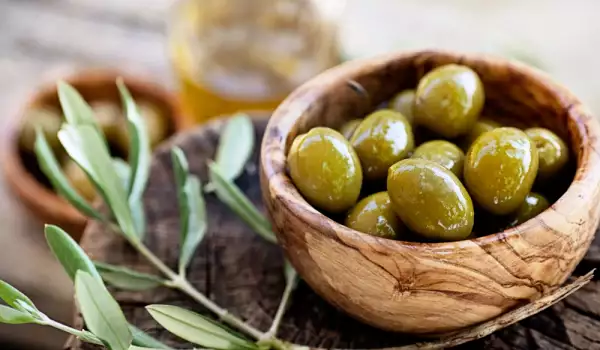



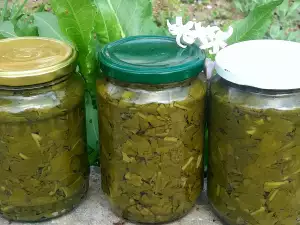

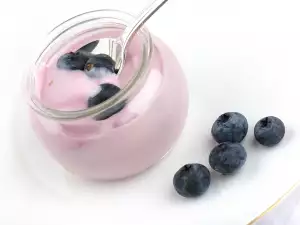


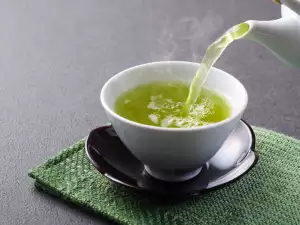
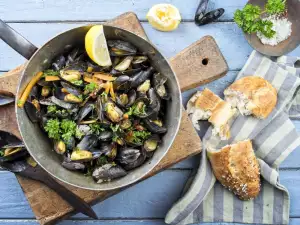
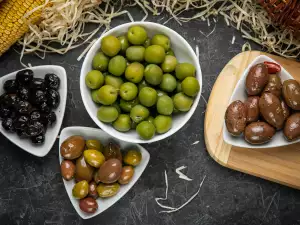
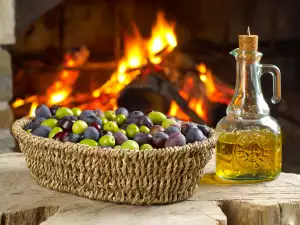
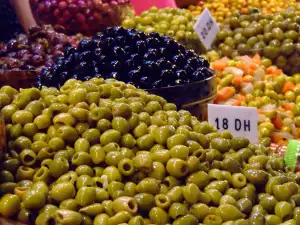





Comments